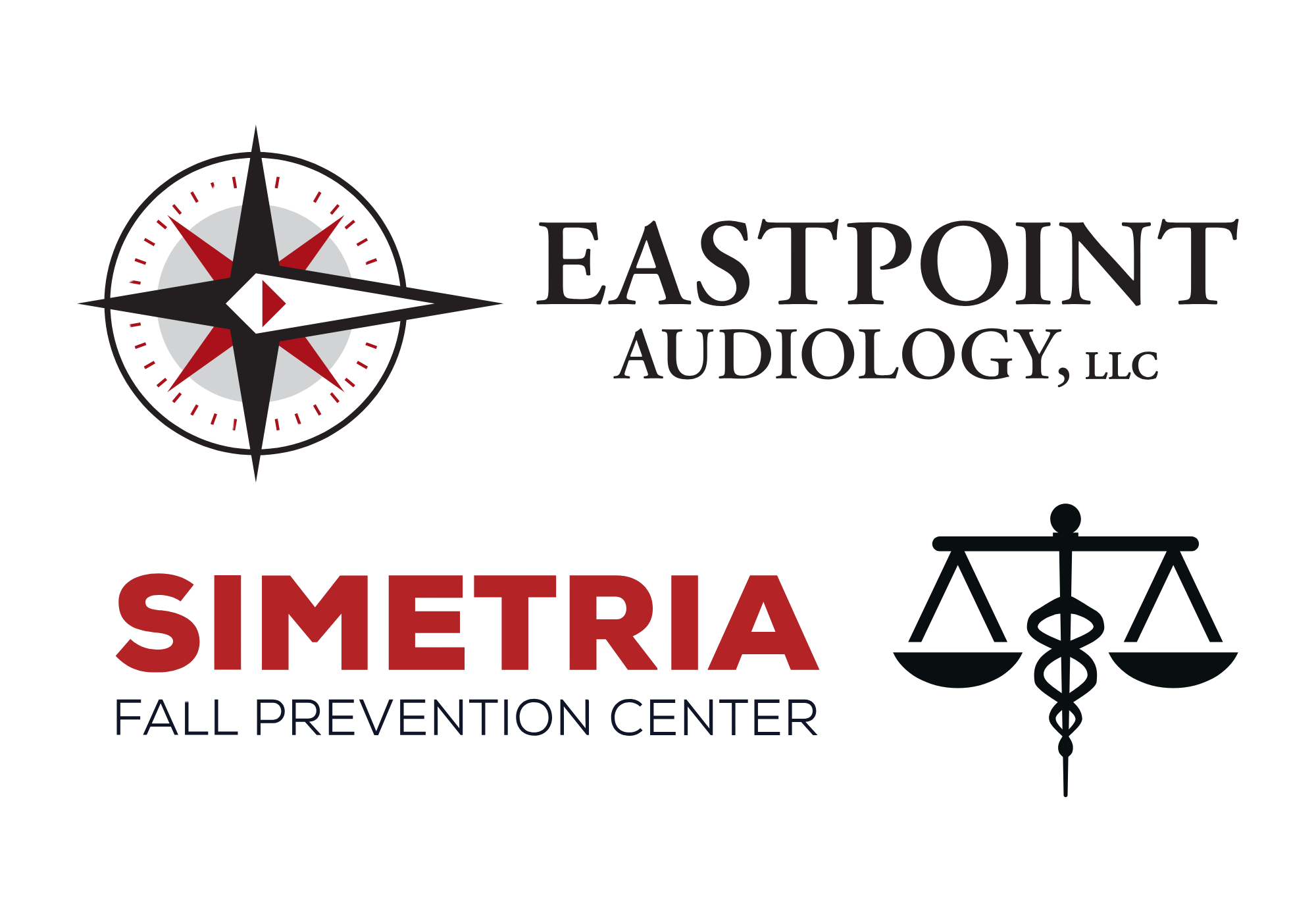In the past, we called them “books-on-tape,” a term that seems almost archaic today. Nowadays we have digital streaming services and the term “audiobooks” has become the common term. Audiobooks offer a modern, convenient way to enjoy literature, turning the experience of reading into one of listening.
Take a contemporary approach to reading with audiobooks
With audiobooks, you don’t need to actually read a book, you can simply listen to it. It’s basically like somebody is narrating the book for you. This format offers an immersive way to explore new concepts, get lost in exciting stories, or acquire new knowledge. Audiobooks can also function as a source of auditory training.
Auditory training – exactly what is it?
So what exactly is “auditory training”? It’s a specialized practice aimed at improving your ability to process, perceive, and decipher auditory information. For individuals adapting to using hearing aids, this kind of training can be especially helpful. For somebody who has neglected hearing loss, living in a quieter environment becomes the norm.
When new sounds are first introduced, they can seem overwhelming as a result.
Auditory training increases a person’s ability to process sound by helping the brain adapt to new sound inputs. For people who have auditory processing problems or language learning difficulties, auditory training can also be really helpful. Auditory training both clarifies what you’re hearing and helps you have better comprehension.
How do audiobooks help with auditory training?
Listening to audiobooks can substantially aid in auditory training through various mechanisms:
- Listening Comprehension: Understanding speech entails more than just hearing the words; it requires comprehension of the content. Audiobooks can help enhance your ability to follow everyday conversations by forcing your brain to associate words with concepts.
- Speech Perception: Audiobooks are an excellent way for a person to practice comprehending spoken language. Unlike audiobooks, with live conversation, you don’t have the ability to rewind and replay what was said. Your ability to comprehend spoken words can be fine-tuned by this practice.
- Pronunciation Practice: Communication skills can frequently become rusty after a period of social separation. Listening to audiobooks helps with the pronunciation of words, which can enhance overall communication effectiveness.
- Vocabulary Expansion: Exposure to a diversified range of words through audiobooks can enrich your vocabulary.
- Enhanced Focus: When people listen to audiobooks, their attention is engaged for longer time periods. They can help reacquaint you with sustained listening, which is especially useful if you’re adapting to new hearing aids.
Making the most of audiobooks as an auditory tool
Hearing specialists frequently recommend the pairing of an audiobook with a physical copy for best results. For new audio inputs, the adjustment process could be accelerated by this connection between written and spoken words. Audiobooks are a valuable complement to hearing aids, improving the auditory training process.
Where to find audiobooks
Today, audiobooks are more available than ever. Subscriptions to services such as Audible and purchases from websites like Amazon make it easy to access a wide range of titles. Also, listening to audiobooks anywhere you find yourself is made possible with the convenience of smartphones.
Podcasts also present a similar auditory experience if you can’t decide on a specific audiobook you want to listen to. They are also an ideal way to engage your mind while improving your hearing.
Connecting your hearing aids to audiobooks
Many contemporary hearing aids come equipped with Bluetooth technology, allowing them to pair directly with your phone or other Bluetooth-enabled devices. This feature ensures a high-quality, seamless auditory experience by allowing you to stream audiobooks straight to your hearing aids.
Consult with your hearing specialist
Setting up a consultation with your hearing specialist is the first step if you’re considering introducing audiobooks into your auditory training program. They can help you develop your auditory skills by giving you individualized advice about how to get the most from this resource.
Contact us today to explore how audiobooks can assist your hearing journey.

